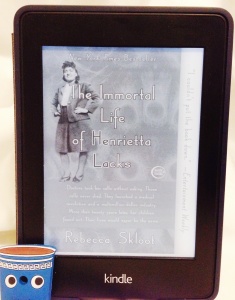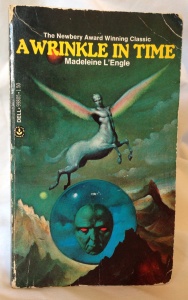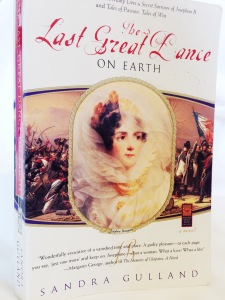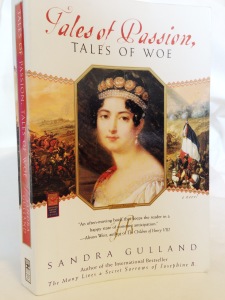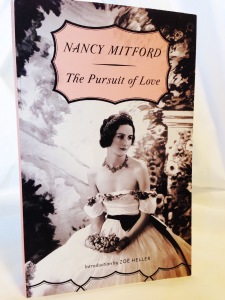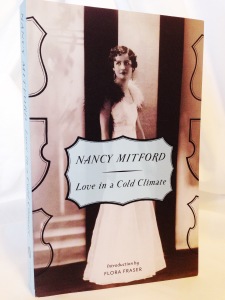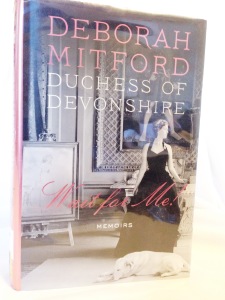What’s it about?
The Immortal Life of Henrietta Lacks is two stories, really. One story is the history of cell cultures and how medicine uses them to research disease. The other story is about Henrietta Lacks’ family. Her cells revolutionized medical research, yet her family continues to be downtrodden and not compensated. They didn’t even know her cells had been taken for many years. It shows how institutionalized racism was (and is?) still in the US, and how that exists side by side with science.
Why should you read it?
Aside from the fact that everyone else already has? Because it’s an interesting story, particularly in conjunction with Ta-Nehisi Coates’ article on The Case for Reparations. The law around who owns your cells that have been taken for medical samples was non-existent for a long time. It’s still very, very young. It’s not just Henrietta Lacks and her family. There are other cases involving other people. Should they be compensated for the cells that would not exist without their bodies? Legally and ethically, it’s interesting. Would it be justice to start compensating the Lacks family? The Immortal Life of Henrietta Lacks both teaches you science and raises ethical questions. It’s worth your time.
